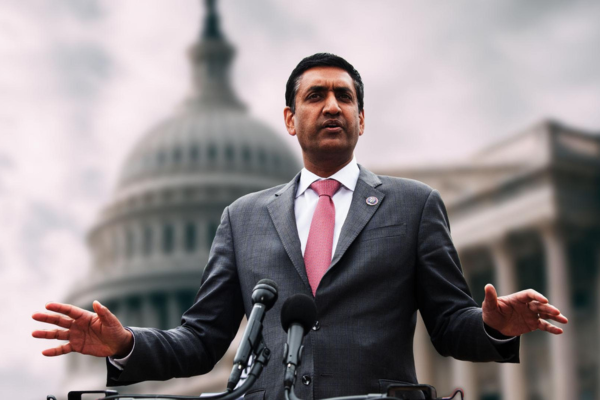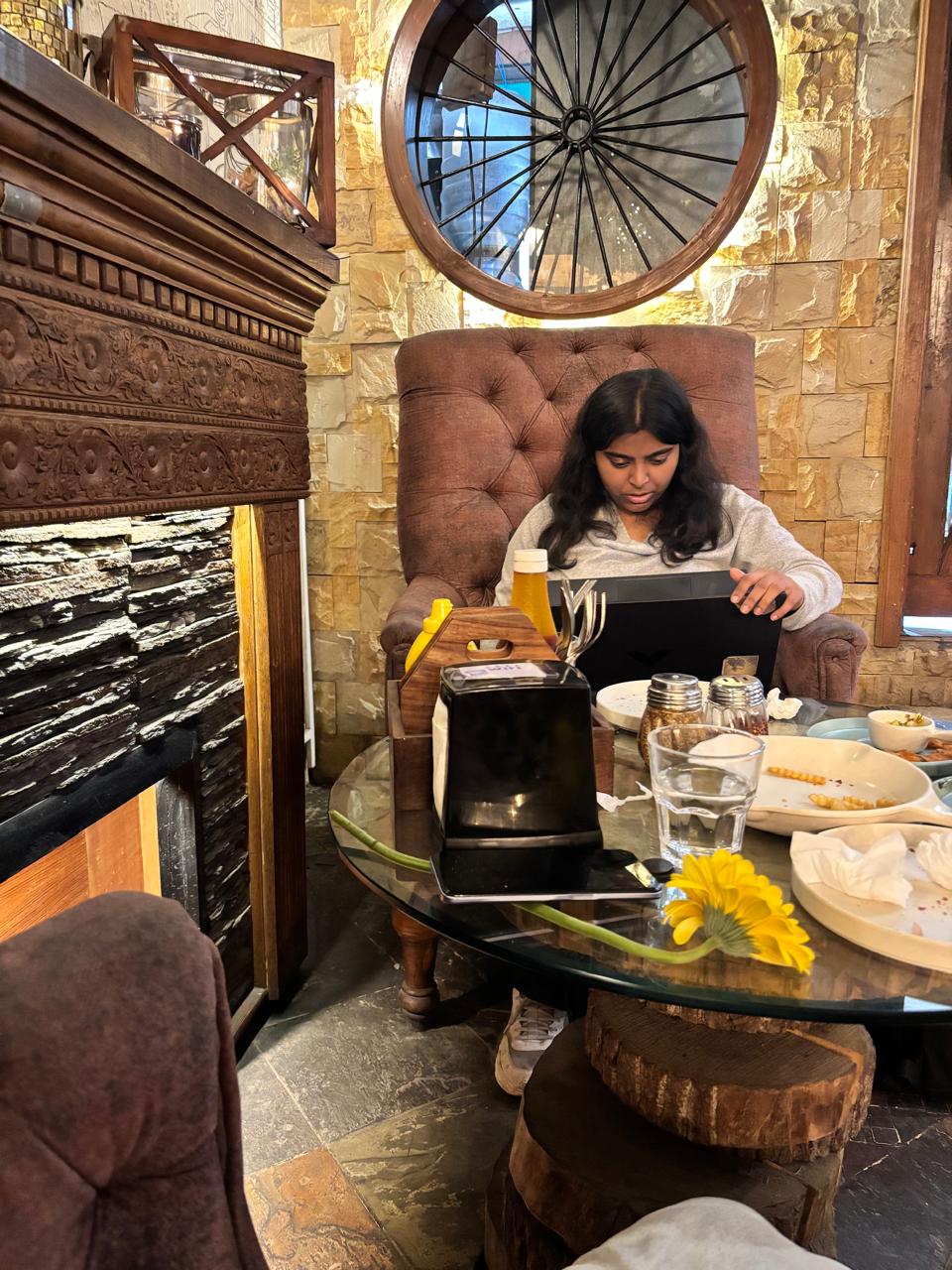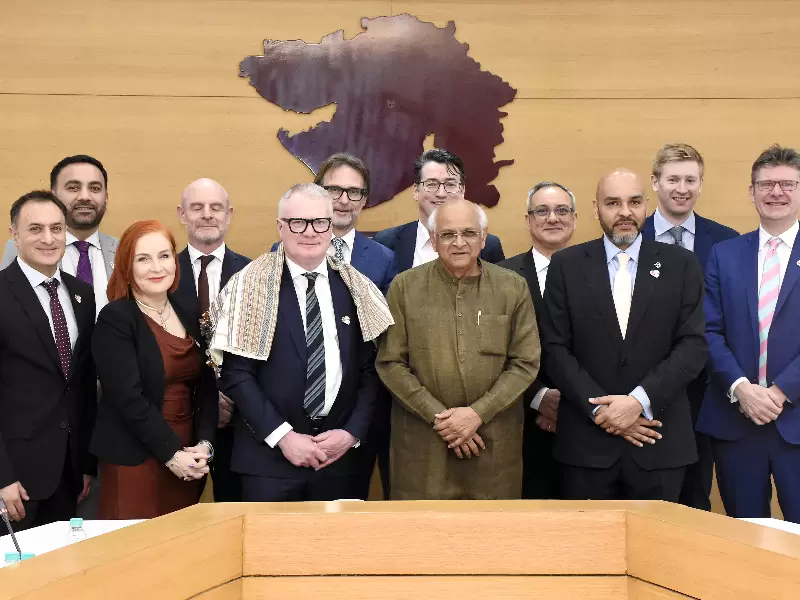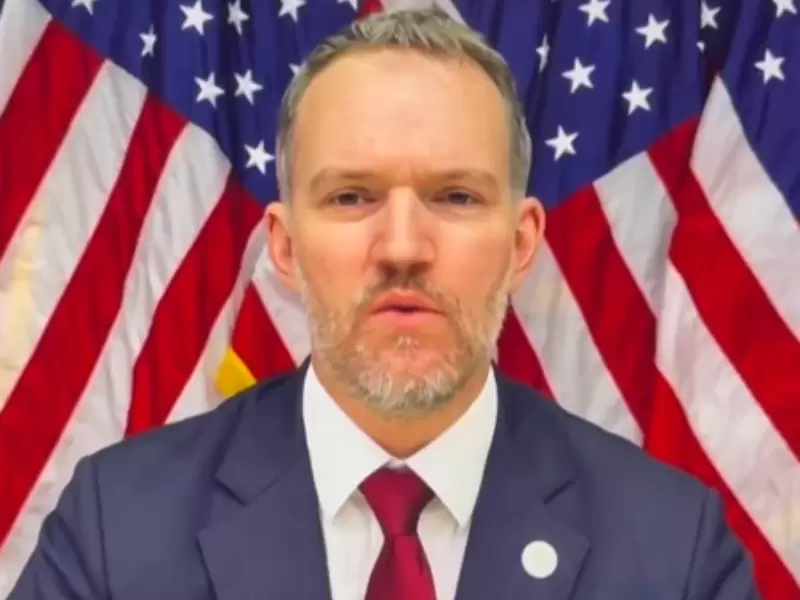Ro Khanna proposes $10-a-Day childcare cap
The bill also includes provisions to raise wages for childcare workers, setting a nationwide minimum of US$ 24 per hour to address labor shortages
 Ro Khanna / Image- khanna.house.gov
Ro Khanna / Image- khanna.house.gov
Indian American Congressman from California, Ro Khanna, is set to introduce legislation that would cap childcare costs at $10 per day for families earning under $250,000 annually.
The proposal, shared with TIME ahead of its introduction, aims to tackle rising childcare costs, a significant issue for American families.
Child Care Aware of America reports that the average annual cost of daycare in the U.S. exceeds $10,000 per child, with some states seeing costs as high as $20,000. Khanna’s bill would allocate about $100 billion annually to fund childcare providers through a grant program, modeled in part after Canada's childcare system, which offers similar cost reductions.
The bill also includes provisions to raise wages for childcare workers, setting a nationwide minimum of $24 per hour to address labor shortages, as reported by TIME.
In addition, Khanna’s proposal provides financial support for families who opt out of external childcare services. These families would receive a monthly stipend of US$ 300 per child under the age of three, and relatives providing care would be eligible for compensation.
Khanna acknowledged the bill’s passage depends on Democrats securing control of the House, Senate, and presidency in the 2024 election. He expressed confidence that Vice President Kamala Harris would support the measure, should she win the presidency. "I think Harris would back the concept," Khanna said, adding that the issue had been discussed with her campaign advisors.
While advocacy groups like Chamber of Mothers have voiced support for Khanna’s proposal, it is expected to encounter resistance in Congress, particularly from Republicans who argue the plan's price tag is too high.
However, Khanna expressed hope that the bill could serve as a starting point for negotiations. "What I’m hoping this bill shows is the broadest aspiration of what childcare could look like in America," he said. "Other bills can be seen as more pragmatic compromises."
ADVERTISEMENT
ADVERTISEMENT
E Paper
Video




 Malvika Choudhary
Malvika Choudhary













Comments
Start the conversation
Become a member of New India Abroad to start commenting.
Sign Up Now
Already have an account? Login